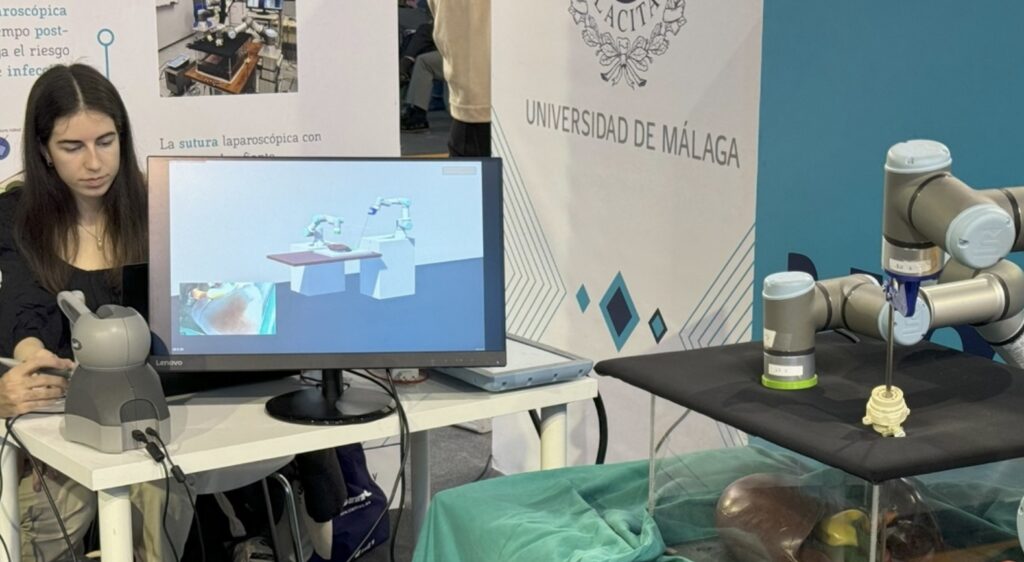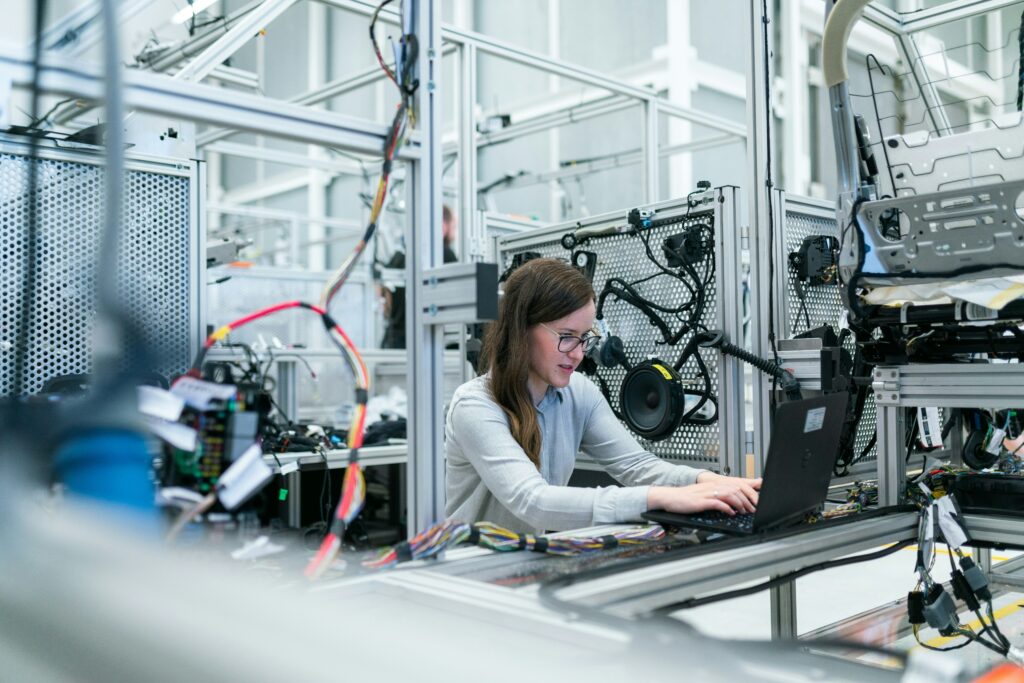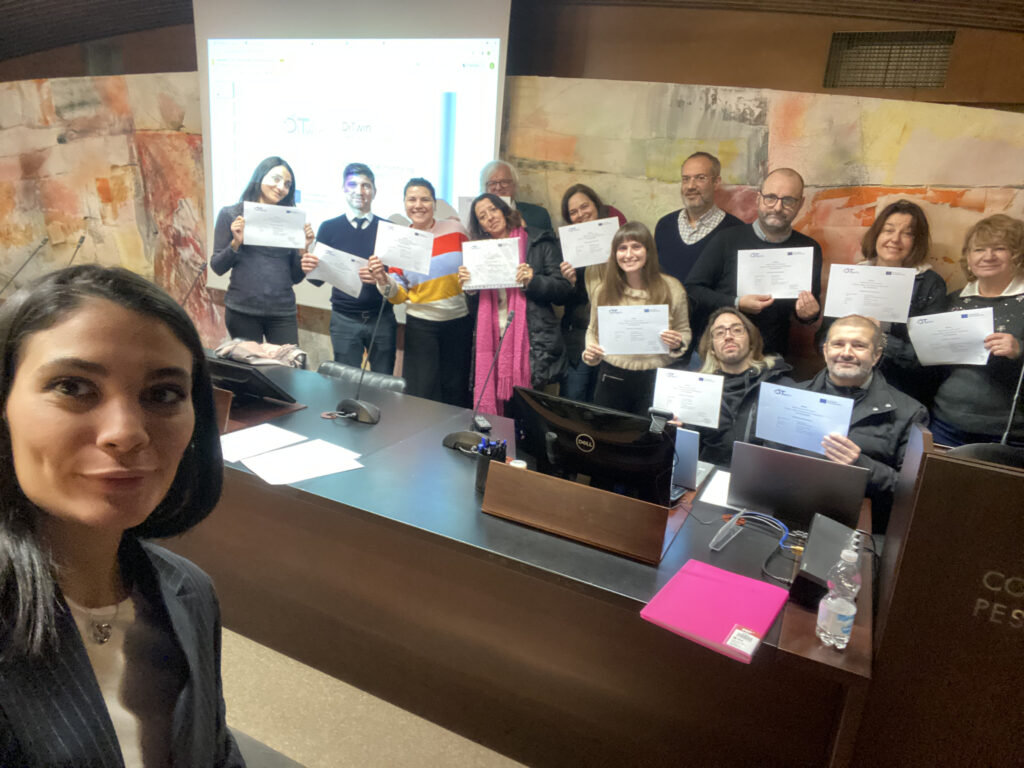The Transformations of the Digital Age in Our Lives: Discovering the Power of Digital Twins
We’ve heard about digital twin technology in the media as a trendy technology. But what is it? A simulation of something real? a virtual world full of avatars? a digital copy of myself? or none of the above. In any case, what are they applications? This misinformation usually happens when a concept becomes fashionable and we are bombarded with different interpretations of its real meaning, giving us only a biased view. Therefore, this article is focused to provide us with a precise answer tothe above questions and presents the applications of digital twin technologies. Basic concepts: modelling and simulation Almost all of us have had the experience that, when buying a house or a car, the seller tells us: let’s simulate your loan, so that you can see the monthly instalments, the capital you amortize and the interest you pay. They use a set of financial equations that, when you enter the data on interest, APR (Annual Percentage Rate) and those other things we don’t understand, give you a list of how your payments will evolve in the future. The seller says that has simulated your mortgage or loan. That’s what simulation is: using a set of equations, called a model, to predict how something will behave in the future. Thus, through thesemagic equations, most of natural events can be modelled mathematically, as far as the knowledge of science allows. Models of the expansion of the universe, planetary motion, or the Earth’s climate can be simulated to know what will happen in nature in the future. But we can also make models of artificial systems, the devices created by mankind. We have played with flight simulators or car racing simulators that emulate on a computer the behaviour of a machine in interaction with the environment and the human who drives it. The digital twin: a step forward As we have seen, a model, through a process called simulation, can predict the behaviour of a machine in the form of output data, which can be presented in many forms such as graphs or three-dimensional animations. In this sense it is a closed process that anticipates the response of the simulated machine to given initial conditions. Thus, we can simulate the behaviour of a nuclear reactor in different scenarios to predict when it may become unstable, in order to develop safety protocols. But what happens if we connect the model to the real nuclear reactor? That is, we feed the same conditions from the existing reactor scenario into the reactor model and compare the output data from both. Then we have a digital twin of the reactor that is composed of the real system coupled to the mathematical model, so that by comparing the output data of them, I can diagnose or predict future situations or failures. This is the true utility of digital twins, the realisation of decision support systems that allow to act on the real system in the most efficient way possible to achieve certain objectives. Applications of digital twins: decision support Digital twins have an immediate application in all those processes, biological or productive, that require action on them to achieve certain objectives. Thus, in the medical field, there are digital twins of types of patients to achieveso-called personalised medicine, or the use of planners for neurological or orthopaedic surgery. In agriculture, they are used to decide on irrigation policy, fertiliser use and crop rotation. In the tourism sector, they are used to schedule tourist visits to monuments in order to predict the deterioration of the latter. In industry, of course, they are widely used in the Industry 4.0 concept to decide machine maintenance policies or to design more efficient production lines, among many other applications. It is common in this field to use models to test the operation of the production line before it is actually built. This is called “virtual commissioning”. Digital twins and education: remote laboratories They allow a democratisation of resources in education, in the sense that they can provide virtual laboratories for practice to schools that cannot afford to invest in a real laboratory. This is critical in technical degrees related to Industry 4.0, where there is a need for facilities that emulate the industrial reality of their production lines with specialised machinery, robots and other devices for automation. Therefore, the DiTwin KA220-VE project, funded by the Erasmus+ programme, will develop teaching tools based on digital twin technologies. This is intended to include practices based on remote laboratories, which will complement theoretical knowledge. The idea focuses on bridging the gap between theory and practical knowledge needed for Industry 4.0 enabling technologies. This project aims to improve the digital competences of VET teachers to support the implementation of digital twin-based activities and the achievement of the digital competences required by Industry 4.0. Contribution of the University of Malaga in the DiTwin project The University of Malaga, through the Department of Systems Engineering and Automation and the Imech.umaInstitute, is the partner within the DiTwin project responsible for the development of the digital twins relating to a remote laboratory of a robotic industrial cell. This educational tool will allow online practices of students of Higher Vocational Training on the programming of robotic arms, communications and the use of sensors, disciplines necessary in Industry 4.0. This remote laboratory will be integrated into the free educational platform DiTwin, which will also contain other educational tools and resources.





